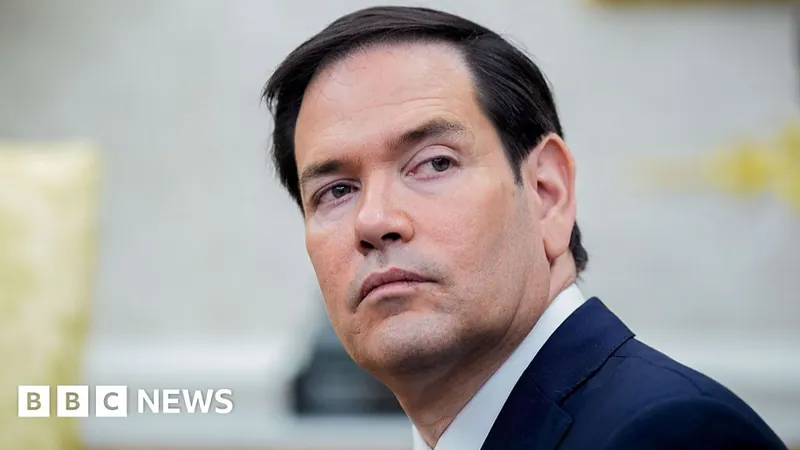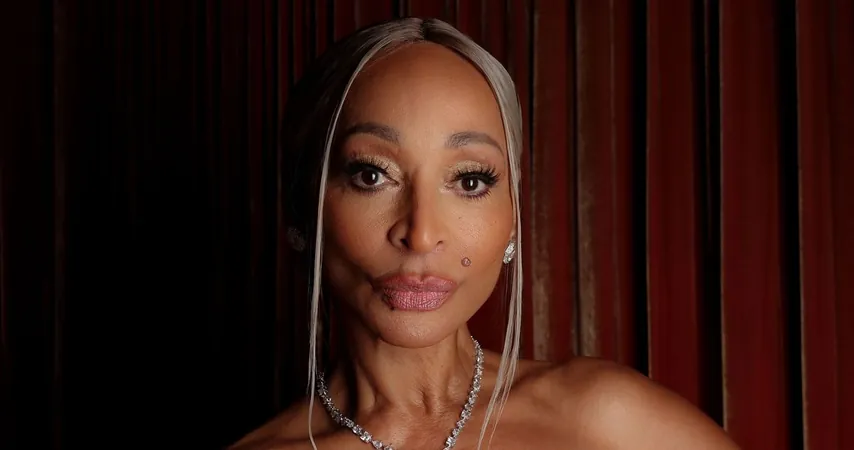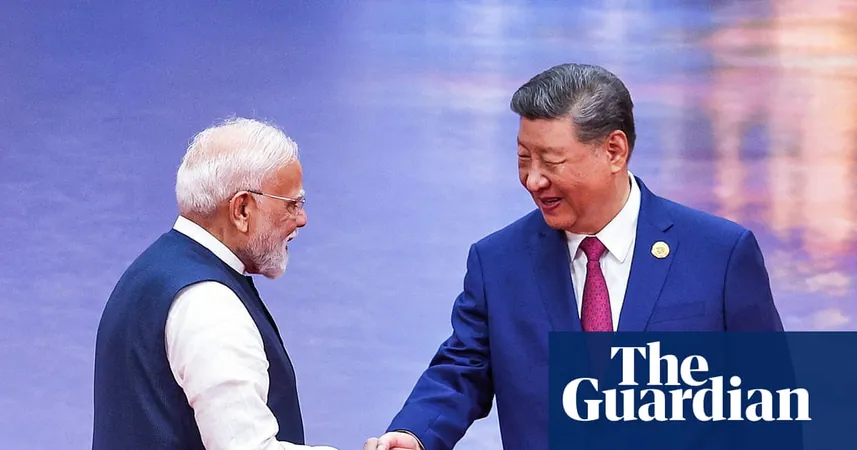
ICC Condemns US Sanctions Targeting Its Judges and Prosecutors
2025-08-21
Author: Ling
In a bold move, the International Criminal Court (ICC) has voiced its strong disapproval of the recent sanctions imposed by the United States on several of its judges and prosecutors.
On Wednesday, the US State Department announced penalties against two judges and two prosecutors for their efforts to initiate prosecutions against US and Israeli citizens. Secretary of State Marco Rubio labeled the ICC a "national security threat" and a tool of "lawfare" targeting America and Israel.
The announcement has been met with applause from Israeli Prime Minister Benjamin Netanyahu, particularly as the ICC has issued arrest warrants against him and former defense minister Yoav Gallant over alleged war crimes linked to Israel's operations in Gaza.
France Joins ICC in Criticism
Joining the ICC in its denunciation of the US sanctions, France expressed its "dismay" as one of its own, judge Nicolas Guillou, fell under the sanctions. This expression of solidarity highlights the rising tension between international judicial efforts and US foreign policy.
Alongside Guillou, the sanctions also targeted Canadian judge Kimberly Prost and deputy prosecutors Nazhat Shameem Khan from Fiji and Mame Mandiaye Niang from Senegal. Rubio’s statement condemned their actions as a "politicization and abuse of power".
ICC's Firm Stance Against Intimidation
The ICC has responded forcefully, calling the sanctions a "flagrant attack" on its autonomy and impartiality. These actions, it argues, undermines the rules-based international order and disparages the plight of countless victims seeking justice worldwide.
In a surprising twist, Netanyahu embraced the US sanctions as a "firm measure" against what he described as a "mendacious smear campaign" aimed at Israel.
Global Repercussions and Calls for Justice
The US sanctions block any property or interests of the affected officials within the US. This latest action follows similar sanctions imposed earlier this year on ICC chief prosecutor Karim Khan and four other judges.
The UN’s human rights chief previously urged the US to reverse its sanctions, arguing that such actions are directly against the principles of the rule of law. Adding to the mix, the US recently sanctioned Francesca Albanese, a UN Human Rights Council special rapporteur known for her criticism of Israel's military actions in Gaza.
In a defiant response, Albanese reaffirmed her commitment to supporting the ICC, citing her Italian heritage and the historical sacrifices made by those who defend justice.
The unfolding situation underscores a critical moment in international relations, where the autonomy of judicial institutions faces significant challenges from powerful states.





 Brasil (PT)
Brasil (PT)
 Canada (EN)
Canada (EN)
 Chile (ES)
Chile (ES)
 Česko (CS)
Česko (CS)
 대한민국 (KO)
대한민국 (KO)
 España (ES)
España (ES)
 France (FR)
France (FR)
 Hong Kong (EN)
Hong Kong (EN)
 Italia (IT)
Italia (IT)
 日本 (JA)
日本 (JA)
 Magyarország (HU)
Magyarország (HU)
 Norge (NO)
Norge (NO)
 Polska (PL)
Polska (PL)
 Schweiz (DE)
Schweiz (DE)
 Singapore (EN)
Singapore (EN)
 Sverige (SV)
Sverige (SV)
 Suomi (FI)
Suomi (FI)
 Türkiye (TR)
Türkiye (TR)
 الإمارات العربية المتحدة (AR)
الإمارات العربية المتحدة (AR)